The motivation drives people to action and gives them the mental and emotional energy to carry out ideas. It is an integral part of human decision making and decision enforcement. It therefore also influences interpersonal relationships and the training of larger groups of people.
What's the motivation?

The term motivation has two meanings. In a causal relationship with regard to human action, motivation stands for motive. These motivations or motives together form the motivation for an act or state of mind.
In addition, the term motivation encompasses human emotional states such as incentive, drive, discipline and zest for action. Motivation here stands for the degree of willingness to take this or that action. This readiness arises from the mental and physical constitution and fluctuates with regard to the parameters mentioned above. Any action requires both a motive and an inner urge to perform. The second equivalent of motivation, the drive for action, is absolutely necessary for human correspondence with the environment.
Function & task
Motivation is of fundamental importance to human activity. Actions between people or in isolation always require some kind of drive to get going. The motivation is similar to the thrust in kinetic movements. Without an initial impulse, the object remains sluggish. It is the same with human actions. There must be a spark in human thinking, volition, or striving for the individual to follow suit.
In this way, motivation pushes people and helps mental games to be carried out. Accordingly, humans are dependent on sufficient motivation to be active in the world. It is controversial whether life-sustaining urges such as hunger, thirst, the urge to urinate or reproduction can be counted as motivation. It seems certain, however, that these necessary needs are deeply anchored in the psyche of people and at least influence their motivation.
Social or private processes can be started or continued via motivation. Human coexistence owes its functionality to a kind of collective motivation. The willingness of everyone to participate in the family, social or civilizational space is a basic requirement for the success of social associations. At the same time, social associations must ensure that the motivation of its members does not decrease. In this way the individual contributes to the success of the social association. The social association, on the other hand, has to keep an eye on the satisfaction and work ethic of the individual. Accordingly, motivation is not just an individual state. Human alliances as a collective can be motivated or unmotivated as well.
Motives also evoke political or ideological attitudes. For example, acts can be politically "motivated". In this way, the private motivation is transferred to a larger whole that is beyond the personal framework. The motivation also determines public order, since actors such as companies, political parties or citizens' associations as well as individuals are guided by a motivation.
You can find your medication here
➔ Medicines for relaxation and nerve strengtheningIllnesses & ailments
In connection with motivation, there are some problems for humans. Quite a few people suffer from listlessness because they have lost their motivation for everyday life. Those who are not motivated have often had a drastic experience behind them. This not only inhibits the joy of life, but also the urge to do something. In such cases, it is important to process the experience and not let yourself be drawn into a downward spiral.
Other people naturally have lower levels of motivation, enthusiasm, or focus. They get bored easily and cannot keep up long-term employment. For this reason, people without motivation find it difficult to cope with the world of work. Concentration exercises can bring about an improvement in the condition.
A lack of motivation can easily lead to depression, withdrawal and social isolation in the long run. Every act seems pointless. People no longer go outside and develop little interest in their environment. Last but not least, the body suffers from the onset of equanimity. Unmotivated people exercise less, pay less attention to their diet and consider mental exertion a waste of time. They gradually give in to neglect.
At a certain point, the development can often no longer be reversed by hand. It is therefore important to question yourself early on and to combat the latent negative mood.
Likewise, it is not healthy to be over-motivated. Over-motivated people are often under tension, want too much too quickly and burden others with their restless mood. Those who are over-motivated lose track of the possible consequences of their actions all too quickly. He acts prematurely without taking the consequences into account. Often situations arise from the over-motivation of a participant, which can escalate. Whether it is about sporting competitions or interpersonal discussions, over-motivated people are often prone to drastic and disproportionate measures.
This inner tension not only affects the relationship between the individual and his outside world. It is also transferred to the physical constitution. Over-motivation, tension and restlessness can provoke devastating clinical pictures such as heart disease, high blood pressure and strokes. The periodically recurring heat phases in the body disrupt the blood circulation and the nervous system. This makes the body more susceptible to sudden heart and brain attacks.


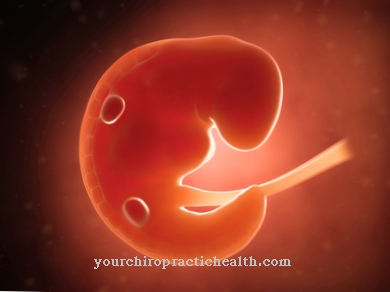


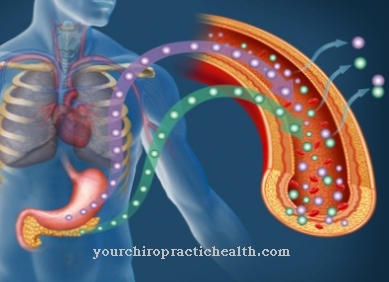
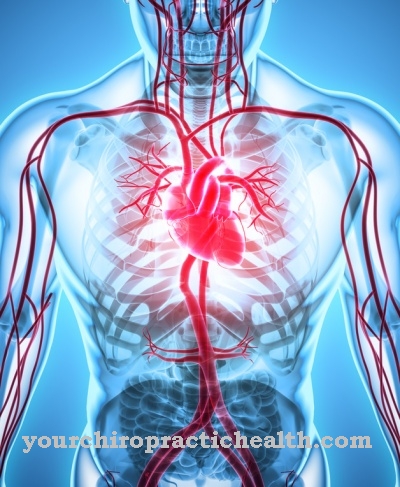





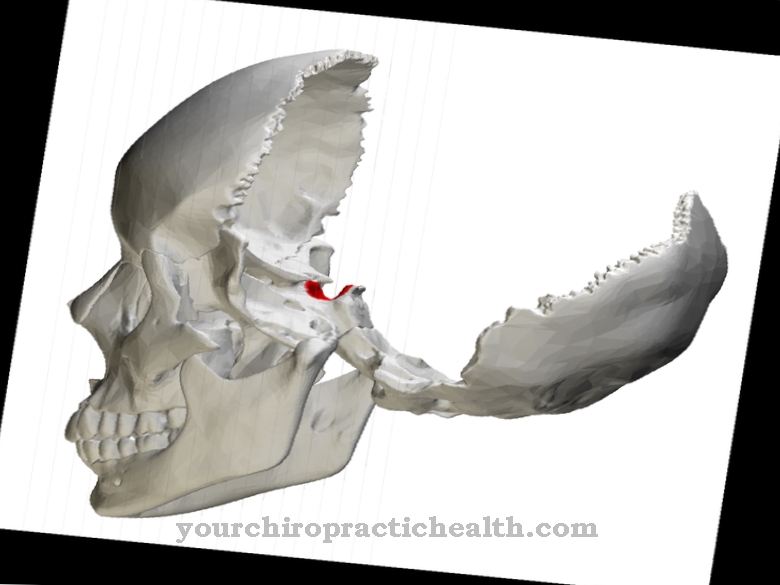



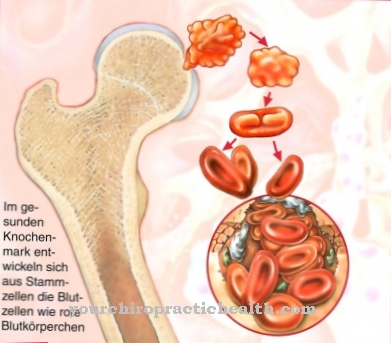








.jpg)

.jpg)
